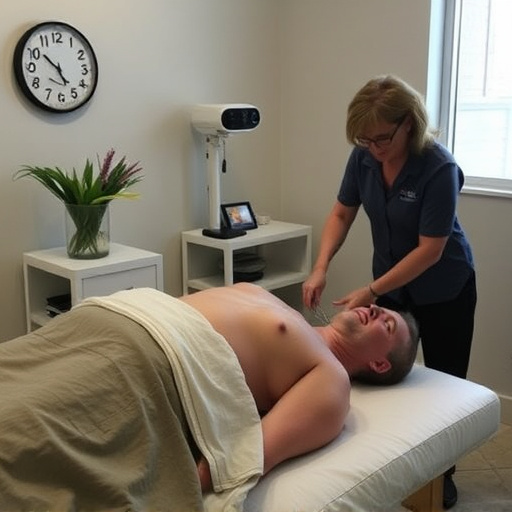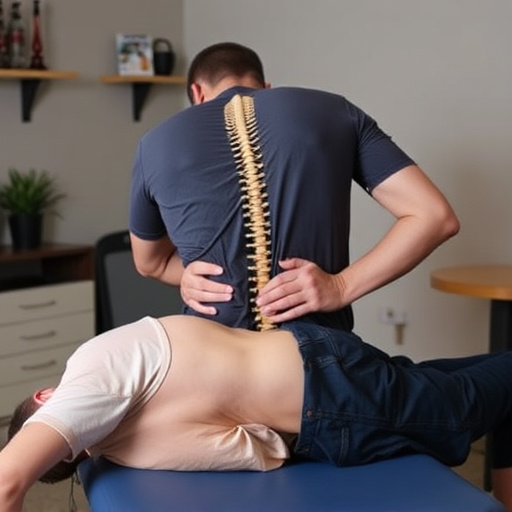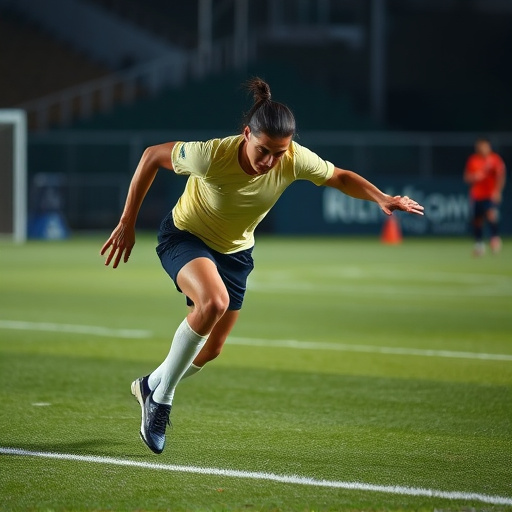Repetitive Strain Injury (RSI) is a common condition in today's digital world, caused by repetitive tasks or static positions. Symptoms include pain, numbness, and weakness in wrists, hands, arms, shoulders, and neck. Mitigation strategies range from shockwave therapy and functional rehabilitation to ergonomic improvements and mindfulness practices. Holistic management focuses on root causes and overall well-being, aiming to prevent recurrence and restore mobility through a combination of physical therapy, lifestyle adjustments, and complementary therapies like acupuncture.
Repetitive Strain Injury (RSI) is a common yet often overlooked condition, affecting millions globally. Caused by prolonged repetitive tasks or strenuous activities, RSI symptoms can range from mild discomfort to severe pain. This article explores holistic options for managing RSI, focusing on prevention and natural relief. We delve into understanding the root causes, offering practical lifestyle adjustments, and introducing complementary therapies to empower individuals in their journey towards recovery and symptom reduction.
- Understanding Repetitive Strain Injury: Causes and Symptoms
- Holistic Approaches to Prevention and Management
- Lifestyle Adjustments and Complementary Therapies for RSI Relief
Understanding Repetitive Strain Injury: Causes and Symptoms
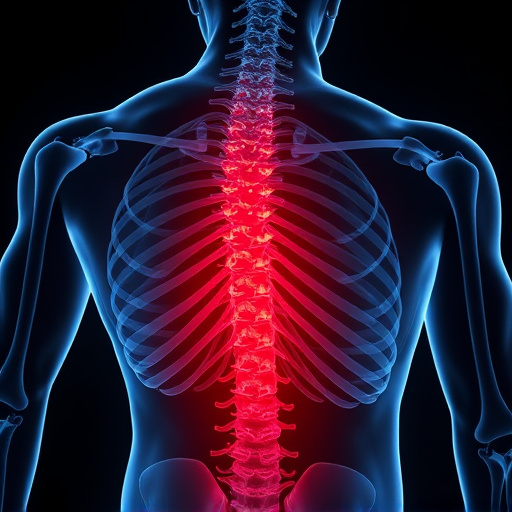
Repetitive Strain Injury (RSI) is a common condition affecting individuals across various professions and activities, particularly in today’s digital age. It arises from repetitive tasks or sustained positions that place repeated strain on muscles, tendons, and nerves. This can lead to a range of symptoms, including pain, numbness, tingling, and weakness in the affected areas. The most common sites for RSI are the wrists, hands, arms, shoulders, and neck.
Causes include excessive typing or use of computer mice, repetitive manual tasks such as assembly line work, and even prolonged awkward positions while studying or reading. For many, chronic pain management becomes a necessary aspect of life due to the persistence and potential long-term effects of RSI. However, effective strategies exist to mitigate symptoms, including shockwave therapy for pain, which has shown promising results in some cases. Functional rehabilitation is another key approach, focusing on exercises to restore strength, flexibility, and range of motion while promoting return to daily activities.
Holistic Approaches to Prevention and Management
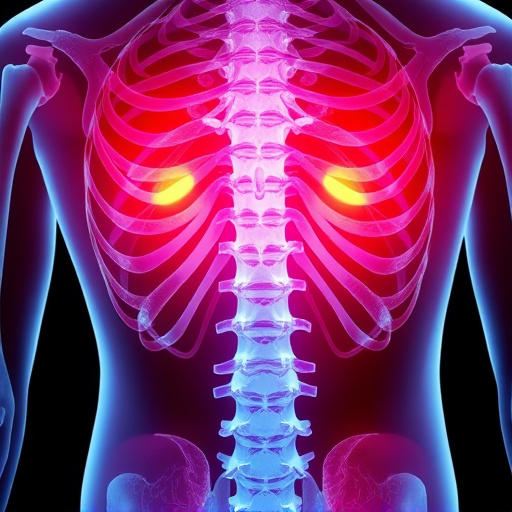
Holistic approaches to managing repetitive strain injury (RSI) focus on addressing the root causes and promoting overall well-being rather than just treating symptoms. This involves a multi-faceted strategy that goes beyond traditional medical interventions. One key component is incorporating preventive measures into daily routines, such as taking regular breaks during prolonged tasks, maintaining proper posture, and adopting ergonomic work setups. Physical therapy plays a crucial role here, offering tailored exercises to strengthen muscles, improve flexibility, and reduce strain on repetitive motion areas.
Additionally, holistic management may include complementary therapies like acupuncture for pain relief and improved blood circulation, as well as mindfulness practices to manage stress levels. For conditions like sciatica, targeted injury rehabilitation programs can be effective in restoring strength and mobility. These comprehensive approaches aim to restore physical health while also nurturing mental resilience, ensuring individuals are equipped to handle repetitive strain injuries effectively and prevent recurrence.
Lifestyle Adjustments and Complementary Therapies for RSI Relief

Many people suffering from repetitive strain injury (RSI) find significant relief through lifestyle adjustments and complementary therapies. Beyond conventional medical treatments, modifying daily habits can play a crucial role in managing symptoms. This might involve taking regular breaks during tasks that cause discomfort, improving posture to reduce muscle tension, and incorporating ergonomic solutions into work or home environments.
Complementary therapies such as chiropractic care, massage therapy, and acupuncture have shown promise in alleviating RSI symptoms. These approaches target not just the affected area but also the underlying causes of musculoskeletal injuries, including whiplash. Soft tissue injuries often benefit from these holistic treatments, which focus on balancing the body’s natural healing processes.
Repetitive strain injury (RSI) is a growing concern in today’s digital age, but with holistic options available, managing and preventing RSI is achievable. By understanding the causes and symptoms, individuals can take proactive measures through lifestyle adjustments, complementary therapies, and preventative strategies. Integrating these holistic approaches allows for personalized care, promoting overall well-being and enabling folks to navigate and overcome the challenges posed by RSI.










